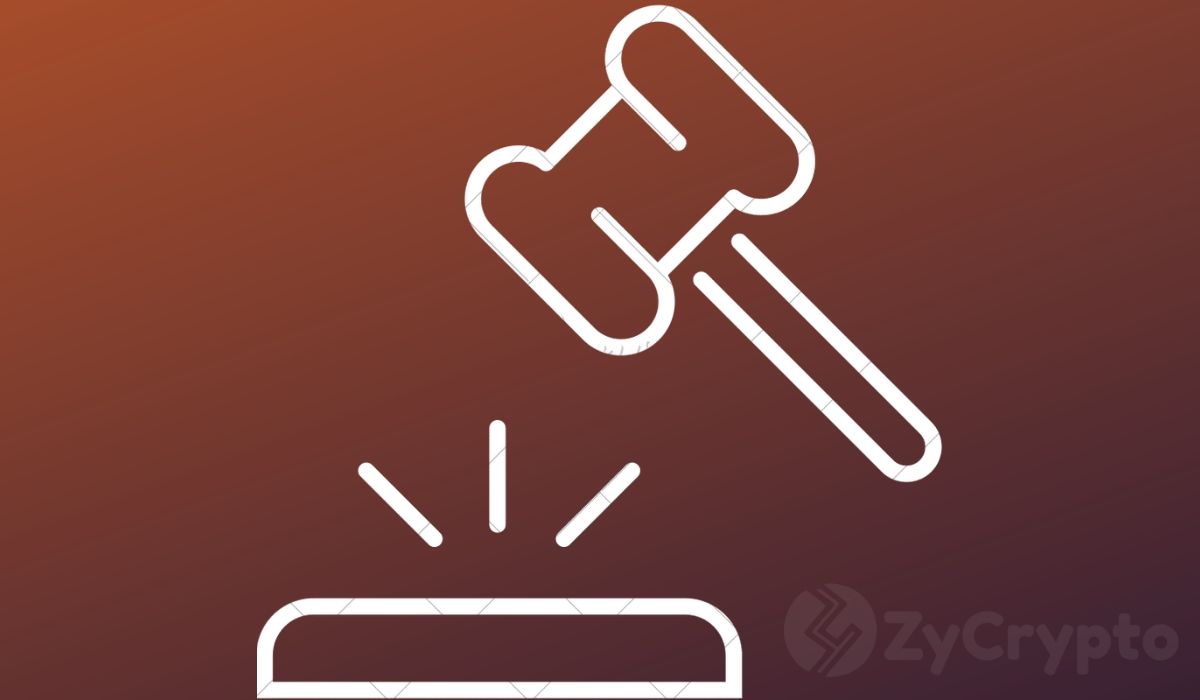Ripple has been battling a class-action lawsuit for a long time now. The fintech firm filed a motion to dismiss the lawsuit late last year. However, a judge at the US District Court of Northern California has denied Ripple’s motion to dismiss. This means that the class-action lawsuit will proceed and XRP is still at risk of being classified as a security.
Class-Action Lawsuit Against Ripple To Move Forward
The very first complaints against Ripple, the company behind the third-most valuable cryptocurrency in the world, were filed by riled investors roughly two years ago. The ongoing one is a consolidated lawsuit that was filed by Vladi Zakinov, Avner Greenwald, and David Oconer. But, investor Bradley Sostack was appointed as the lead plaintiff.
The plaintiffs claim that the defendants (Ripple, XRP II subsidiary and CEO Brad Garlinghouse) misled investors and sold them XRP as an unregistered security. They demand that the defendants compensate them for the losses incurred.
Ripple filed its final motion to have the lawsuit tossed in early-December last year, arguing that the plaintiffs had filed the lawsuit a little too late as per the statute of repose. However, Judge Phyllis J Hamilton ruled on Feb.26 that this case will continue.
She stated:
“Based on plaintiff’s complaint and the judicially noticeable facts proffered, the court cannot conclude that defendants’ first bona fide public offer to sell XRP occurred before August 5, 2016.”
Additionally, Judge Hamilton has thrown out some of the claims that plaintiffs filed under California state law. But, the plaintiffs have been given a period of 28 days to refile an amended lawsuit including some of these claims, if they wish to.
The Potential Ramifications Are Vast
Ripple execs have always insisted that XRP is not a security. Ripple CEO Brad Garlinghouse in particular, has on several occasions made three main arguments that prove XRP is not a security. First, he said that XRP is completely independent of Ripple the company. Secondly, the purchase of XRP currency doesn’t proffer ownership rights to the purchaser. Lastly, Garlinghouse has observed that XRP has real utility which makes it clear it’s not a security.
However, these arguments did nothing to clear the air as XRP is still at risk of a securities classification. Investors are still unsure whether XRP is a security or not and US regulators have exacerbated the situation by not offering any clear guidelines for XRP.
This lack of clarity on XRP has discouraged many companies like Rameesa Online who wish to leverage XRP in their daily operations but are forced away as they await regulation.
Moreover, as ZyCrypto reported, XRP would reach ultra bullish heights if it was declared a commodity. In the same vein, a security classification would have devastating effects on the price of the crypto-asset.
Meanwhile, crypto-focused lawyer Jake Chervinsky commented on the new development in the class-action lawsuit saying:
“There’s a lot going on here, but overall it’s a victory for the plaintiffs. The securities claims survive. XRP stays in the crosshairs.”







